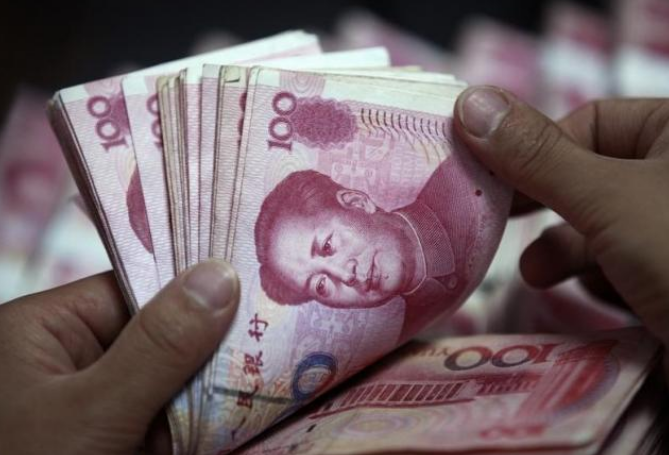As a relief to the Chinese Economy, China's Yuan gained an edge over the dollar on Friday. According to experts, this trend will continue further and China's Yuan will certainly have a weekly gain, though mildly as the Central Bank fixed stronger midpoints compared to last week.
The Chinese Government was on a spree to strengthen its economy for quite sometime now, and the results started coming up. Last Friday's trading reports are clearly underlining the fact that the well-knitted strategies started hitting the target. According to Reuters, China's Yuan earned much against dollar on the said day.
However, the authorities are not overwhelmed with this developments and acting with great care and caution. Beijing has already taken steps to control the capital outflows to protect Yuan. A huge requirement of foreign currencies is expected on Chinese New Year that falls on Feb. 8; however, that will not create wild impact on Yuan, as the government has taken necessary measures.
The midpoint rate has been set at 6.5516 per dollar, which is 0.02 percent stronger than the previous fix. Apart from this, several domestic funds are asked to keep on hold and plans for new outbound investments. This is being viewed as an initiative to keep the Yuan further stronger.
Furthermore, POBC decided to increase the frequency of operations in the open market for three weeks from Jan. 19. This is aimed at maintaining liquidity during Chinese New Year.
As a confirmation to these developments, Chinese Premier Li Keqiang conveyed that Beijing is all set to keep the Chinese Currency "basically stable." Although, offshore Yuan gained an edge over dollar and Japanese Yen, it got weakened by 0.3 percent against Euro.
The bold steps taken by the government keeps the confidence and hopes among the traders.
(Disclaimer: Views and opinions expressed in this article are those of the author and not necessarily those of Yibada.)



























